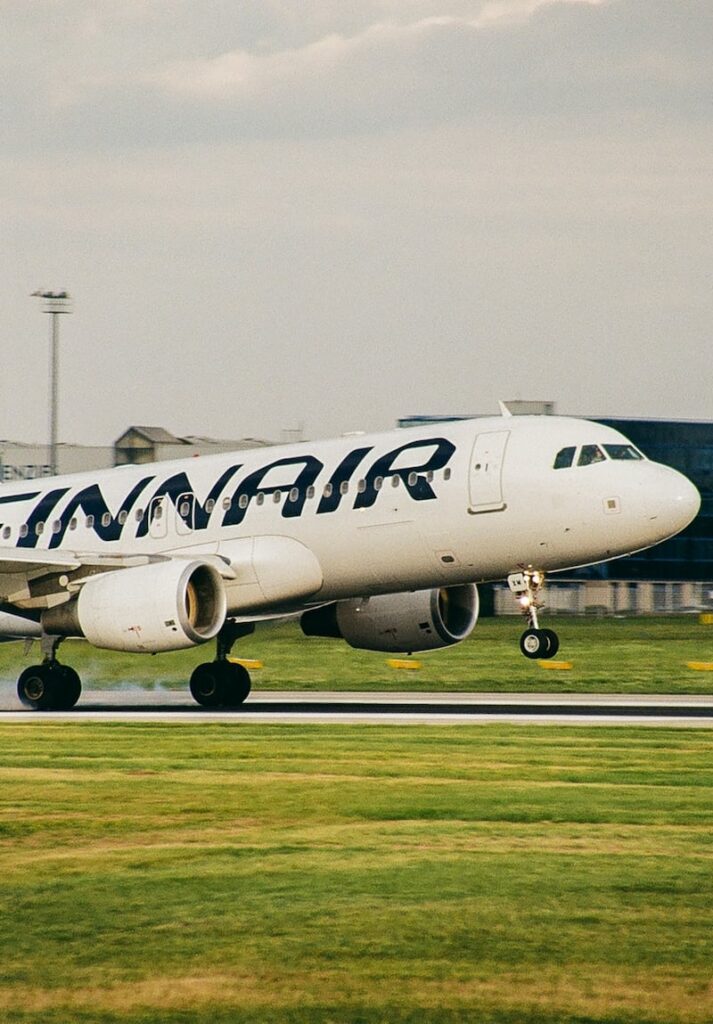
The airline industry supply chain is a complex network of companies and organizations that work together to ensure that planes take off and land safely, and that passengers and cargo arrive at their destinations on time. At the heart of this supply chain is ground handling, a critical function that encompasses a range of tasks and services.
Ground handling refers to the services provided to aircraft and passengers on the ground, including baggage handling, aircraft servicing, passenger assistance, airfield maintenance, and cargo handling. These services are essential to the smooth functioning of airports and airlines, and play a crucial role in the airline industry supply chain.
One of the key benefits of ground handling is that it allows airlines to focus on their core business of flying planes and transporting passengers and cargo. By outsourcing ground handling services to specialized companies, airlines can reduce costs, improve efficiency, and focus on their core competencies.
Ground handling also helps to ensure that airports and airlines comply with a range of safety and security regulations. For example, ground handling professionals are responsible for ensuring that baggage and cargo are properly screened for security threats, and that planes are properly maintained and serviced to ensure safe operation.
In addition to these benefits, ground handling plays a critical role in the airline industry supply chain by facilitating the movement of passengers and cargo between airports and airlines. For example, ground handling companies are responsible for loading and unloading baggage and cargo from planes, and for ensuring that they are properly sorted and distributed to their final destinations.
Ground handling also plays a critical role in the movement of passengers between airports and planes. This includes providing assistance to passengers with disabilities, helping travelers navigate the airport, and providing information about flights and airport services. By providing these essential services, ground handling companies help to ensure that passengers arrive at their destinations safely and on time.
Finally, ground handling is a key player in the airline industry supply chain because of its ability to adapt to changing market conditions and customer demands. As the airline industry evolves to meet the needs of the market, ground handling companies have been able to adapt and provide new services and technologies to meet the changing needs of airlines and passengers.
In conclusion, ground handling is a critical function in the airline industry supply chain. By providing a range of essential services to airlines and passengers, ground handling companies help to ensure the safe and efficient operation of airports and airlines, and facilitate the movement of passengers and cargo around the world. As the airline industry continues to evolve, it is likely that ground handling will play an even more important role in the years to come.

